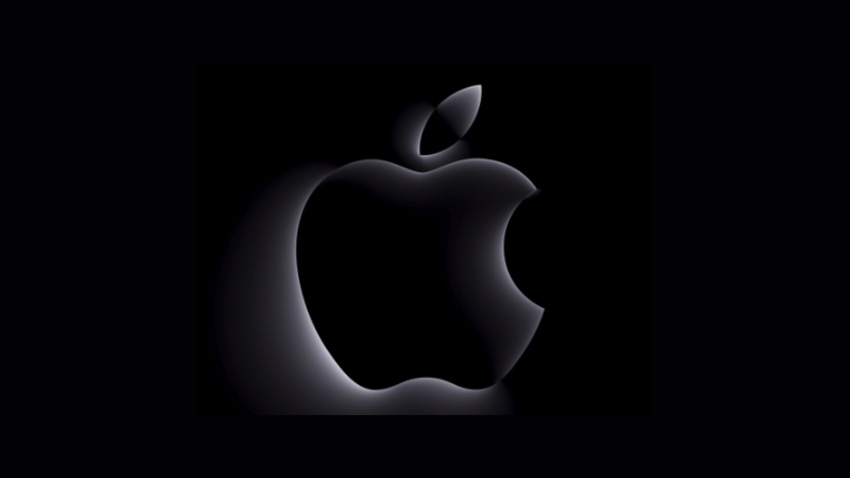How Apple Can Catch Up in the Generative AI Race
Among tech giants, Apple seems like a generative AI laggard. But don't be fooled.

At a Glance
- Unlike other tech giants, Apple has not aggressively rolled out generative AI products or services.
- Its playbook is to focus on user experience - make it easy for the everyday person - rather than the tech.
- This is the Apple advantage - and it does not hurt to have $167 billion in cash and investments.
Apple is throwing cash at AI, and experts think it could soon catch up to competitors.
The tech giant plans to spend $1 billion annually on developing its generative artificial intelligence products, according to Bloomberg. The company is scrambling to match big names like OpenAI, Google and Meta, which have surged ahead with AI products.
“Apple is obviously a well-resourced tech company capable of competing in any arena it sets its mind to do so,” UPenn School of Engineering Professor Michael Kearns said in an interview. “They already have a large and stellar group of AI scientists, so I think the main question is how long it takes and how it fits with their current business model — which is quite different from those of their competitors in generative AI.”
Race to the top
Apple already incorporates AI technology into its products, focusing on digital assistants, enhancing photos, auto-correction and other features. However, unlike OpenAI's ChatGPT or Google Bard, Apple has yet to introduce a generative AI product.
According to Bloomberg, Apple has developed its own substantial language model framework called Ajax and has been working on an internal chatbot referred to as Apple GPT. Nevertheless, as of now, these AI innovations have yet to be integrated into their products.
The company is actively exploring the integration of AI into various aspects of its ecosystem, including Siri, Messages, and Apple Music. In the case of Apple Music, the company aims to employ AI to generate playlists automatically, a functionality similar to what Spotify offers through its collaboration with OpenAI. Additionally, Apple is considering the utilization of AI within Xcode (its development environment for Apple platforms) to provide support and assistance to app developers.
Bloomberg identified key Apple executives spearheading these AI initiatives, including John Giannandrea, senior vice president of machine learning and AI strategy; Craig Federighi, senior vice president of software engineering; and Eddy Cue, who heads the services division.
Apple still has a long way to go to catch up with current frontrunners in the AI race. The company needs to hire more generative AI experts, properly annotated training data, and the computing power required to train models with hundreds of billions of parameters, Kearns said.
“They have solid starting points in all three but probably need to ramp up as well,” he added.
Building generative AI is expensive and complex, even for a company with vast resources like Apple. As a result, the industry might end up with just a few big tech companies creating the core AI models while many other developers fine-tune these models for specific uses, Kearns said.
“One metaphor that you hear in the industry is that foundation models are a new and powerful kind of operating system,” he added. “There are only a few developers of traditional operating systems like Windows and Linux, but a rich ecosystem of developers that create apps on top of those operating systems. The AI industry could evolve towards a similar model.”
The Apple advantage
Apple has so much cash available to burn it seems likely that the company will have time to catch up to competitors, even if that means buying out several advanced, specialized startups, Richard Gardner, the CEO of the tech company Modulus, noted in an interview. (Apple had $167 billion as of its fiscal third quarter.)
“If this is an area they plan to invest heavily in, the safe money is to bet on success,” he added. “This is all the more true because the AI space is in such a fluid space right now. There are the big dogs, sure. But there are an untold number of startups working on really cool projects. The regulatory environment hasn’t even settled yet, which will likely significantly change the global landscape, particularly if there are limits on the size and scope of any one AI firm.”
Apple can lead in AI by improving the user experience, not just focusing on technology, Iliya Rybchin, a partner at Elixirr Consulting, noted in an interview. He mentioned that, besides dedicated Apple fans, the average person will likely find it easier to embrace Apple AI compared to AI from other companies.
“The biggest impediment to the growth of AI is not a weakness in technology or immaturity of the solutions as much as it is a user experience gap and limited use cases,” he added. “We can debate for hours which LLM is marginally better than some competing LLM. However, that does not address the fact that for a typical consumer, extracting the full potential of what that LLM can provide is still highly complex. While GenAI has significantly increased mass consumer adoption, it's still only addressing very rudimentary use cases, and regular use is still reserved for more tech-savvy consumers.”
Apple's advantage is its ability to simplify complex technologies while introducing consumers to use cases they did not even consider, Rybchin said.
“Apple already has built a tremendous dependence on Siri, a very rudimentary AI implementation,” he added. “With Siri being a starting point and the ability to integrate AI into every part of the Apple ecosystem, they have all the advantages necessary to not only catch existing AI leaders but to leapfrog them.”
Read more about:
ChatGPT / Generative AIAbout the Author(s)
You May Also Like


.jpg?width=700&auto=webp&quality=80&disable=upscale)
.jpg?width=700&auto=webp&quality=80&disable=upscale)

.jpg?width=300&auto=webp&quality=80&disable=upscale)
.jpg?width=300&auto=webp&quality=80&disable=upscale)
.jpg?width=300&auto=webp&quality=80&disable=upscale)
.jpg?width=300&auto=webp&quality=80&disable=upscale)
.jpg?width=300&auto=webp&quality=80&disable=upscale)